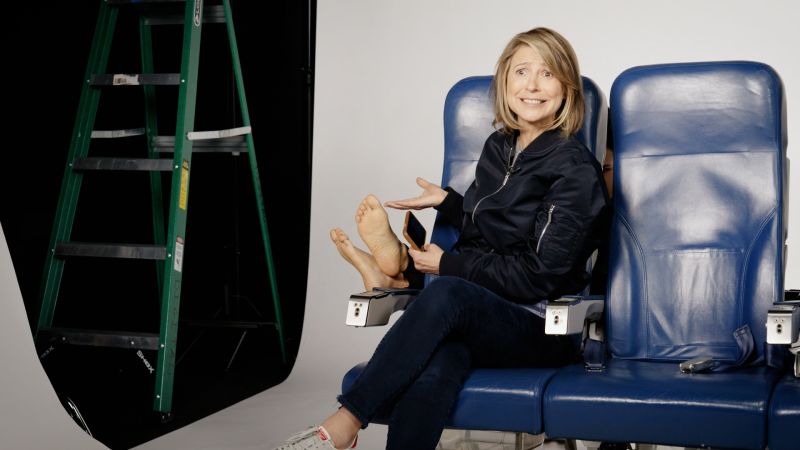There was the hope that when mask mandates on planes ended and people got used to traveling again, airplane passenger behavior might improve. Perhaps all those midair scraps, diverted flights and the abuse and harassment of flight attendants might die down.
That dream’s been dashed.
Unruly passenger incidents were more than a third higher in 2022 than in 2021, a new global analysis by the International Air Transport Association (IATA) has revealed.
The aviation body has recorded an increase of 37% year on year, with the most common types of incidents being ones that involve non-compliance, verbal abuse and intoxication.
Smoking of cigarettes, e-cigarettes, vapes and “puff devices” in the cabin or lavatories was the No.1 non-compliance issue highlighted by the IATA, followed by failure to fasten seat belts when instructed, exceeding the carry-on baggage allowance or failing to store baggage when required, and consumption of own alcohol on board.
Physical abuse on rise
There was one unruly incident reported for every 568 flights in 2022, up from one per 835 flights in 2021, says the IATA.
This year might not be any better, either. On Sunday, the day the report was announced, a flight from Paris to the US was diverted to Canada due to disruption that was allegedly caused by a drunk male passenger.
Incidents of physical abuse remain thankfully rare but had a worryingly huge increase of 61% in 2022 over 2021. They erupted on only one out of ever 17,200 flights.
In US skies, 2021 was the worst year on record for bad air passenger behavior, according to US Federal Aviation Administration data, with 2022 seeing a decline. However, the IATA analysis gives a global snapshot, with data collated by more than 20,000 reports submitted by around 40 airlines.
Zero tolerance
“The increasing trend of unruly passenger incidents is worrying. Passengers and crew are entitled to a safe and hassle-free experience on board,” said Conrad Clifford, IATA’s Deputy Director General. “There is no excuse for not following the instructions of the crew.”
IATA is calling for governments and the aviation industry to work together on a zero-tolerance approach to unruly behavior.
It wants more countries to ratify Montreal Protocol 2014, which allows for the prosecution of these transgressive passengers. Currently only 45 nations, comprising about a third of international passenger traffic, have taken this step.
IATA also wants to increase guidance, training and sharing of best practice when it comes to preventing and de-escalating incidents. Said Clifford, “As the vast majority of intoxication incidents occur from alcohol consumed prior to the flight, the support of airport bars and restaurants to ensure the responsible consumption of alcohol is particularly important.”
This year is set to be another bumper year for travel, as more and more people set out on post-pandemic adventures.
For the sake of the majority, we make no apology for seeking to crack down on the bad behavior of a tiny number of travelers who can make a flight very uncomfortable for everyone else,” said Clifford.
